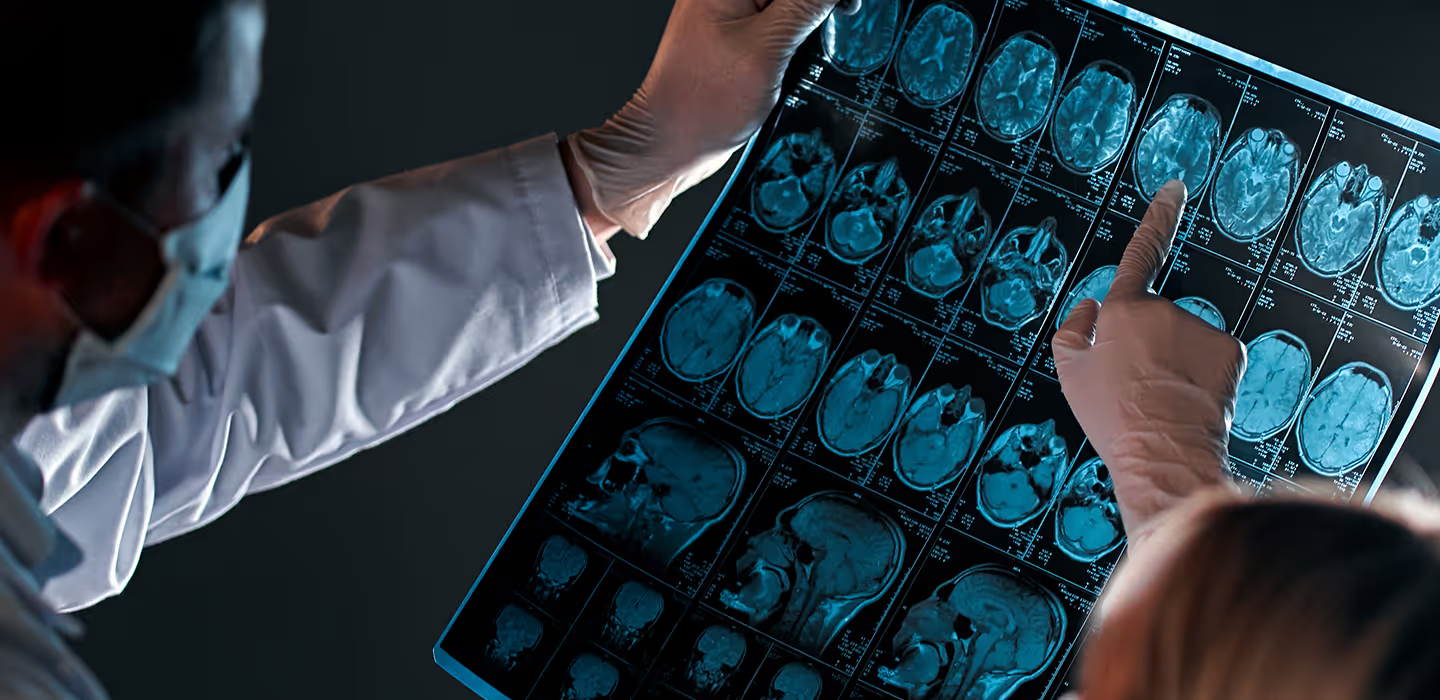Tout savoir sur la sclérose en plaques

Can cell therapy be applied to MS?
The mode of action of the immunomodulatory drugs described above is generally non-specific and induces very general changes in the immune system, with the sole exception of Copaxone. This is because we do not yet know precisely which immune abnormalities specifically cause MS. Cell therapy aims to recalibrate the immune system, thereby eliminating the autoimmune component.
The first and most radical method is to treat MS like leukaemia: all the white blood cells, including lymphocytes, are destroyed by chemotherapy, with haematopoietic stem cells taken from the patient's bone marrow. These stem cells are stimulated to proliferate in the laboratory and then reinjected to reconstitute new blood cells and therefore new immune cells, which we hope will no longer contain autoimmune cells. This is a transplant of "autologous" (self-generated) stem cells. This treatment is still "experimental" and is reserved for young patients with a very active disease who are unresponsive or insufficiently responsive to current medications. In a 2018 publication, the Belgian MS Study Group defined strict criteria for proposing such a treatment.
Other methods are still experimental and under development. For example, blood 'dendritic' cells belonging to innate immunity are taken from a patient, cultured in the presence of myelin or brain antigens (molecules) under special conditions so that they become tolerant to these antigens (no longer recognise them as foreign targets), and then reinjected into the donor. They will then no longer activate the T and B lymphocytes, which will thus be "desensitised".
Another approach is derived from cancer immunotherapy and involves genetically modifying the donor's T lymphocytes so that they can attack and destroy B lymphocytes better and for longer than Ocrevus or Kesimpta. These are CAR-T cells (CAR stands for Chimeric Antigenic Receptor) modified to recognise a specific antigen, CD19, located on the membrane of B lymphocytes, and kill these cells. This approach has already been tested in another autoimmune disease, systemic lupus erythematosus, and is also currently being tested in MS.
Finally, regulatory T lymphocytes are the subject of a great deal of research. These cells have an impaired and insufficient function in MS. Their ability to repair tissues destroyed by inflammation and even to repair cerebral myelin has just been demonstrated. In theory, therefore, administering functional regulatory T lymphocytes to an MS patient could restore immune tolerance, halt cerebral attacks and promote the repair of damaged brain tissue.
These are initial feasibility studies, closely linked to fundamental research in immunology, which must prove their efficacy and safety.
Stay informed
Receive all the information related to research and news from the Belgian Charcot Foundation directly in your inbox.















